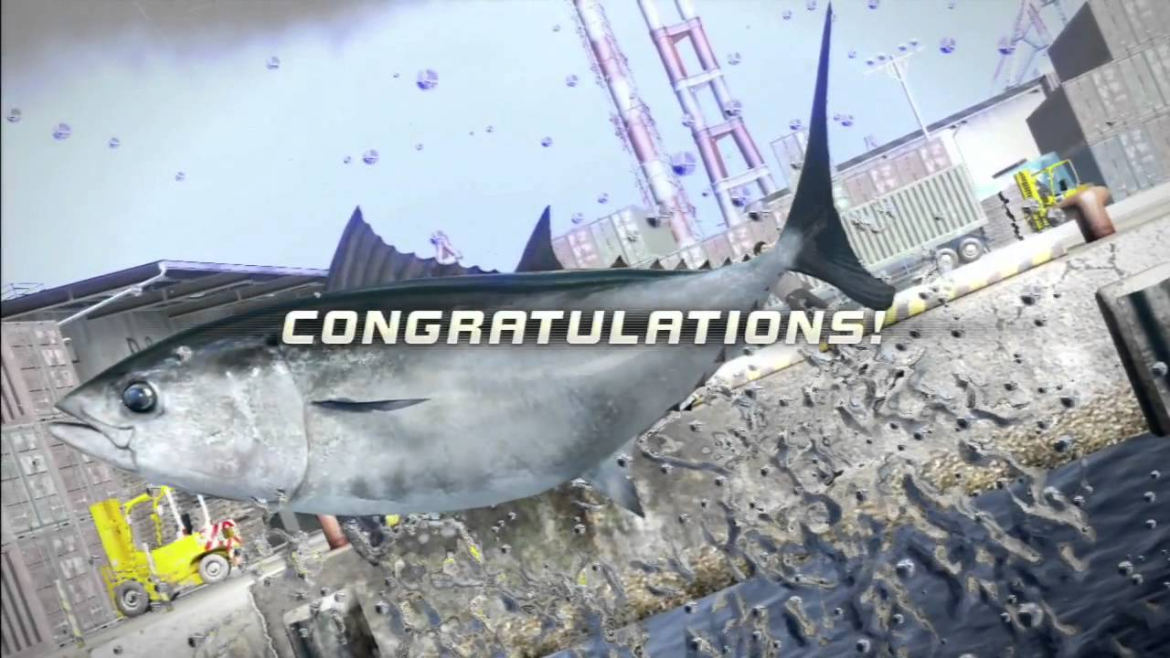Welcome back readers.
This week I want to once again shout out the Trans Witches Are Witches bundle on Itch, which runs for another five days as of publication. Around the site, we also have Connor’s latest TMIVGV available, so check that out too!
This Week in Videogame Blogging is a roundup highlighting the most important critical writing on games from the past seven days.
Intellectual Propriety
We’ve been tracing a theme of adaptation fairly regularly over the last few issues, owing to recent releases from several tentpole transmedia IPs. I’m admittedly fudging the definition a little here to include remakes as intra-media adaptations of sorts as we head up this week’s issue with three new highlights from this conversation.
- What Exactly Is the Point of ‘The Last of Us’? | ArtReview
Lewis Godron finds that in its quest for fidelity to the game, the television adaptation of The Last of Us reveals a thematic hollowness it shares with the original. - One Day, This Videogame Will Be Perfect | Bullet Points Monthly
Reid McCarter muses on the self-defeating fallacy of the remake. - 15 Hours With Hogwarts Legacy: Magical Surface, Rotten Core | Kotaku
Carolyn Petit gives Hogwarts Legacy an opportunity to speak for itself, and finds that it faithfully adapts J.K. Rowling’s myopic worldview regardless of her involvement.
“It’s shortsighted, it’s centrist, it’s crushingly ordinary, the same way that forces like racism and transphobia are the most ordinary, tiresome things in the world. If there’s any real magic in the world, it lies in the ability to see that we don’t need these things, that they hold us all back, and that if we all want it badly enough and fight for it and leave behind the ones who tell us that this is the way things have to be, a better world is possible.”
World of Tomorrow
Communities both local and global feature in these next two selections about games which imagine the future of our species.
- Sephonie: Diving Into the Body of the Earth | Uppercut
Grace Benfell examines the allegories of Sephonie as it bridges the human and natural worlds. - Citizen Sleeper: Communities of Food | Uppercut
Camille Butera listens to what Citizen Sleeper tells us about coming together and breaking bread.
“Citizen Sleeper, as a game, holds food as memory, holds fast to the way that the circumstances around food can enhance the ingrained qualities of it. It is a game preoccupied with bodies and community, and for a summer, it forced me to consider the way that food is one chain in the link between the two, and the ways in which that can be magnified tenfold.”
Legacy Content
Now let’s shift gears from looking forward to backward as two authors evaluate the critical legacies of a game and a developer, respectively.
- Dear Esther | The Almighty Backlog
Ellie locates Dear Esther‘s legacy in the better games it helped inspire. - Transmutations: an owch analysis | KRITIQAL
WD traces the theme of transformation–be it personal or public, cathartic or traumatic–across the creative output of independent developer owch.
“If some transformations first appear negative, this is because the period that follows the departure from the familiar is always disorienting and mystical brushes with the borders of the known are as easily nightmarish as beautiful. It is from this sense of dark liminality that owch’s videogames derive their power.”
Play Impressions
Next up, an assortment of critical perspectives on an equally assorted collection of games.
- Card Shark and Justifiable Identity | Uppercut
Sorrel Kerr-Jung remarks upon the trope of genderfludity being less an identity and more a lack of one. - Year of Games #7: Yakuza 5 Remastered | No Escape
Kaile Hultner, deep into the Yakuza games, sees the bigger picture emerge in the fifth installment, even as the series starts to stumble. - Unpacking: Our Lives in Boxes | Sidequest
Cress walks through the rooms, memories, and lives of Unpacking‘s unseen protagonist. - Sable Is a Self-Discovery Game with an Identity Crisis | Kat (Pixel a Day)
Kat finds that for a game pitched as a breath of fresh air, Sable‘s busywork feels a little too familiar.
“It’s a means to an end, and Sable — like so many other open world games — focuses on the means at the expense of the end. It seems less interested in making the journey itself engaging and resonant than in “rewarding” you with arbitrary tokens — badges, masks, coins, scrap, general stuff — almost none of which are very interesting or pleasurable to acquire.”
Critical Chaser
For people like me who just can’t find the on-ramp for Destiny 2.
- The One Who Pulls the Sword Out Will Be Crowned King: An Allegory for My Issues With MMOs and Why I Liked it Anyways | Uppercut
Emma Shannon thinks through the neverending grind of MMOs via a simple and silly game about becoming king.
“There is no playing catch-up in the world of The One Who Pulls the Sword Out Will Be Crowned King. There are no skills to grind, no rare or limited items to find, no worries that if you log out for a week you’ll miss something crucial. You won’t fall behind by taking a break, there won’t be old unfinished missions that disappear with updates, there won’t be a layout overhaul that undoes your favorite NPC. No matter when you wander up to the stone, it will always be you, the sword, and the players who came before and are on exactly the same field as you.”
Subscribe
Critical Distance is community-supported. Our readers support us from as little as one dollar a month. Would you consider joining them?
Contribute
Have you read, seen, heard or otherwise experienced something new that made you think about games differently? Send it in!


